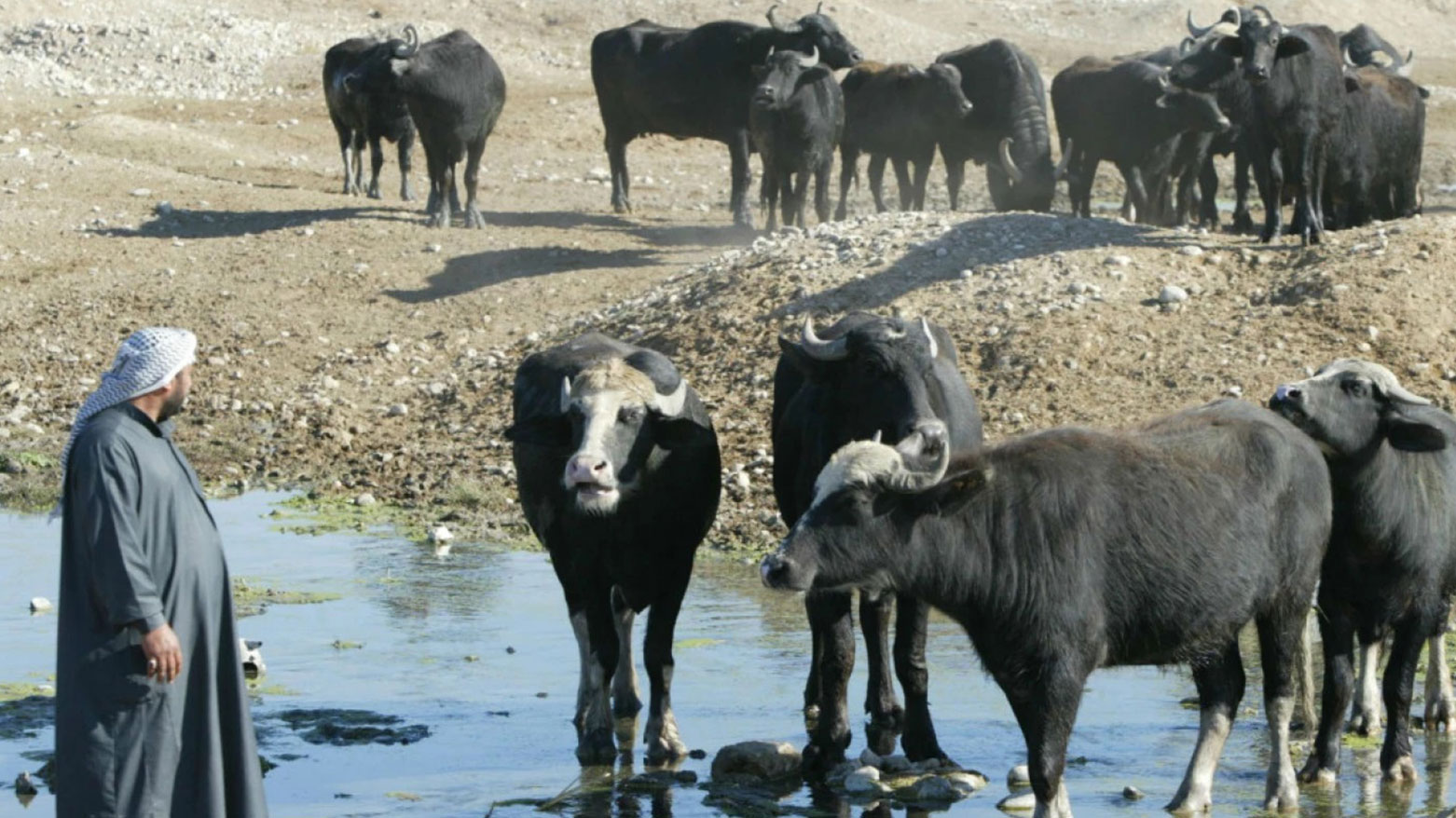Iraq’s Livestock Sector Faces 70% Decline amid Severe Water Shortages and Climate Change
“Iraq, once known for its rich agricultural and livestock production, is now facing one of the most serious environmental crises in its modern history,” the ministry said.

ERBIL (Kurdistan24) – Iraq’s livestock population, particularly sheep, cattle, and fish, has fallen by nearly 70 percent as a result of severe water shortages and the growing impact of climate change, officials and experts have warned. The decline has led to a sharp rise in the prices of meat and dairy products, which have nearly doubled in recent months.
The Ministry of Water Resources reported that reduced river flows from neighboring countries and persistent drought conditions have severely affected Iraq’s agricultural and livestock sectors. Large areas of marshland in Dhi Qar, Muthanna, and Basra provinces have dried up, endangering the ecosystems and livelihoods that depend on them.
“Iraq, once known for its rich agricultural and livestock production, is now facing one of the most serious environmental crises in its modern history,” the ministry said.
According to the ministry’s data, livestock populations are expected to drop by about 70 percent, while the prices of meat and dairy products are projected to increase by 25 to 40 percent. Fish resources in southern provinces—one of Iraq’s most valuable food and export commodities—have also declined by nearly 60 percent due to the desiccation of rivers and ponds.
Water scarcity has also taken a toll on agriculture, with more than half of Iraq’s cultivated land now out of production. The loss of pastures and crops has forced many farmers to abandon rural areas in search of alternative livelihoods in cities.
Experts warn that unless urgent measures are taken to address water management and adapt to climate change, Iraq could face an even deeper food security crisis in the coming years.